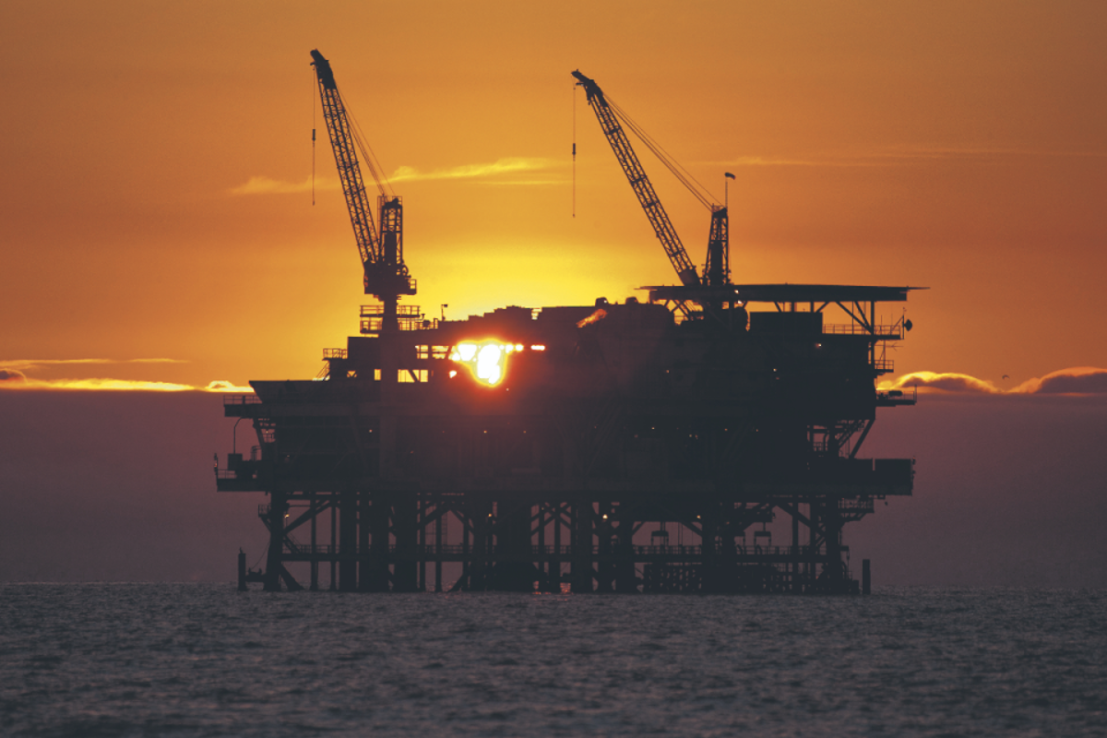
Oil prices spiked by more than nine per cent following Israeli strikes targeting Iran’s nuclear programme, in the most dramatic jump in more than three years.
Meanwhile, the price of gold hit $3,427 – up 1.2 per cent during Asian trading hours.
Israel launched strikes on Tehran early on Friday, rekindling fears of a full-scale conflict.
The Prime Minister said the government urged “all parties to step back and reduce tensions urgently” after the strikes, adding that “now is the time for restraint, calm and a return to diplomacy”.
He said: “The reports of these strikes are concerning and we urge all parties to step back and reduce tensions urgently. Escalation serves no-one in the region.
“Stability in the Middle East must be the priority and we are engaging partners to de-escalate. Now is the time for restraint, calm and a return to diplomacy.”
The attack appeared to be the most significant Iran has faced since its war with Iraq in the 1980s.
Sir Keir’s sentiments were echoed by Foreign Secretary David Lammy, who said stability in the Middle East was “vital” for global security.
“Further escalation is a serious threat to peace & stability in the region and in no-one’s interest,” he said in a post on X.
“This is a dangerous moment & I urge all parties to show restraint.”
The attack comes at a strained time in UK-Israel relations, following sanctions on two Israeli government ministers and the suspension of trade talks.
The leader of Iran’s paramilitary Revolutionary Guard was killed, Iranian state television reported. Another top Guard official, as well as two nuclear scientists, were also feared dead.
The chief of staff of the Iranian armed forces, General Mohammad Bagheri, was also confirmed dead by Iranian state television.
Supreme Leader Ayatollah Ali Khamenei warned “severe punishment” would be directed at Israel.
Multiple sites in the capital were hit in the attack, which Israeli Prime Minister Benjamin Netanyahu said targeted both nuclear and military sites. Also targeted were officials leading Iran’s nuclear programme and its ballistic missile arsenal.
The assault came amid warnings from Israel that it would not permit Tehran to build a nuclear weapon, although it remains unclear how close the country is to achieving that.
Rubio backs Israeli strikes
Mr Netanyahu said in an address on YouTube that the attacks will continue “for as many days at it takes to remove this threat”.
“It could be a year. It could be within a few months,” he said as he vowed to pursue the attack for as long as necessary to “remove this threat”.
“This is a clear and present danger to Israel’s very survival.”
US Secretary of State Marco Rubio said Israel took “unilateral action against Iran” and that Israel advised the US that it believed the strikes were necessary for its self-defence.
“We are not involved in strikes against Iran, and our top priority is protecting American forces in the region,” Mr Rubio said in a statement released by the White House that warned Iran against targeting US interests or personnel.
The attack comes as tensions have reached new heights over Tehran’s rapidly advancing nuclear programme.
The board of governors at the International Atomic Energy Agency censured Iran on Thursday for the first time in 20 years over its refusal to work with its inspectors.
Iran immediately announced it would establish a third enrichment site in the country and swap out some centrifuges for more-advanced ones.
Israeli Defence Minister Israel Katz said his country carried out the attack, without saying what it targeted.
“In the wake of the state of Israel’s preventive attack against Iran, missile and drone attacks against Israel and its civilian population are expected immediately,” he said in a statement.
The statement added that Mr Katz “signed a special order declaring an emergency situation in the home front”.







